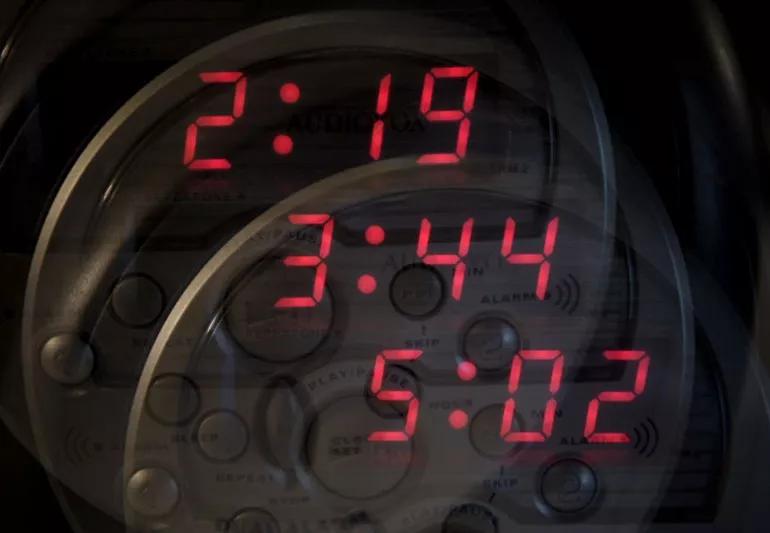
You toss. You turn. You stare at the clock and count down the minutes, but sleep still eludes you. There’s a good chance you’re dealing with insomnia, which affects 40 million Americans each year.
Advertisement
Cleveland Clinic is a non-profit academic medical center. Advertising on our site helps support our mission. We do not endorse non-Cleveland Clinic products or services. Policy
“The idea that everyone needs eight hours of sleep is an old wives’ tale, but you do need to protect your personal sleep quota, whether that’s six hours or nine,” says Nancy Foldvary-Schaefer, DO, MS. “It’s such an important part of your health.”
We talked with Dr. Foldvary-Schaefer about understanding insomnia and some tips in the battle for sleep.
Insomnia is a sleep disorder that affects your quality of life. For some, insomnia makes it hard to fall asleep. Others go to sleep quickly but can’t stay that way. And some fall asleep, but not deep enough for good quality rest.
The type of insomnia you have is based on how long you’re affected by it:
One in four Americans experiences acute insomnia each year. It’s more common in women than men and more common in people over age 65. But many don’t know they have it, which is why it often goes undiagnosed and untreated.
Everyone experiences trouble falling or staying asleep at some point in their lives. Work, family and constant access to technology often prevent people from getting enough sleep. Other culprits include:
Advertisement
While acute insomnia often resolves on its own, chronic insomnia usually needs treatment. How do you know if it’s chronic? It’s the rule of threes: If your sleep problems happen more than three times a week and last more than three months, you may have chronic insomnia.
People with chronic insomnia also experience daytime symptoms, including:
Losing your sleep battle can affect every part of your life. It can spill into your day as you struggle with fatigue and decreased attention. It’s also associated with conditions such as depression, bipolar disorder and substance use disorder. Eventually, it can lead to heart disease, depression and injury from falls or other accidents.
If you have a string of wakeful nights, you may want to talk to your doctor about trying an over-the-counter sleep aid. “Sleep aids work by activating the sleep centers in the brain and turning off the wake centers,” explains Dr. Foldvary-Schaefer. “But you have to be careful. People start to think they must reach for something to get sleep at night. When that happens, medication can turn an acute case into a chronic one.”
She doesn’t recommend options such as Benadryl® or alcohol. While they seem to help, they don’t enhance the quality of your sleep. Even the short-term relief that comes with taking prescriptions like Ambien® may not outweigh the long-term risks of dependency.
But be sure to talk to your doctor if your sleep aid doesn’t work, does more harm than good or you’re concerned about ongoing insomnia and other symptoms.
To use sleep aids safely, Dr. Foldvary-Schaefer says to follow these tips.
“Most sleep aids recommend that you devote a full eight hours to sleep, so make sure you are sleeping enough,” says Dr. Foldvary-Schaefer. “You want sleep aids to help you fall asleep, but not leave you groggy the next day.”
When you first try a sleep aid, pick a night when you don’t have to wake up early, drive or make important decisions the next day. And be aware that taking a higher dose than you mean to or not getting enough rest can lead to excessive morning drowsiness. You could also potentially sleepwalk or “sleep”-talk on the phone or send emails and texts.
Sleep aids are designed to help you fall asleep and stay asleep longer, but they shouldn’t knock you out. If you have significant difficulty waking up in the morning, tell your doctor.
Advertisement
If you have a history of depression, sleep aids can temporarily make it worse. Headaches and nausea are also possible but not common.
“The medications reduce anxiety and relax your muscles, so you’re more apt to feel drowsy or occasionally have abnormal thinking or hallucinations,” adds Dr. Foldvary-Schaefer. “It’s usually described as a clouded- or foggy-thought process, also known as sleep drunkenness.”
In most cases, you should only use sleep aids nightly for two to four weeks. If you need help for longer, only take it as needed a few nights a week.
“There aren’t many long-term studies, so we don’t know the effects of being on sleep aids for a long time,” notes Dr. Foldvary-Schaefer. “Some reports show memory and coordination impairment.”
For older people, these effects can be especially dangerous since they’re already at a higher fall risk.
Quitting cold turkey can cause rebound insomnia, three to four days of more severe insomnia than usual. You can even experience rebound insomnia after a brief use of sleep aids.
Dr.Foldvary-Schaefer recommends gradually weaning yourself off the medications over days or weeks. If you take a sleep aid nightly, for example, reduce the dose over a week or two. Repeat this pattern until you no longer need it. If you’re already on the lowest dose, first stop taking it one night a week, and then slowly eliminate additional nights.
Advertisement
Dr. Foldvary-Schaefer notes that cognitive behavioral therapy for insomnia (CBT-i) is probably the most effective treatment for chronic insomnia. CBT-i requires some effort, but it’s proven to help people return to more normal sleep patterns. And bonus: Behavioral treatments are more effective and longer-lasting than sleep aids.
“Cognitive behavioral therapy for insomnia is our treatment of choice,” Dr. Foldvary-Schaefer says. “About 70 to 80% of people have improvement without the use of medication so it’s effective.”
The goal of this ongoing therapy is to help you change your sleep-related thinking, habits, schedules and behaviors. For example, you may need to change your habit of using your bed for activities such as working on your laptop.
CBT-i also includes regular follow-up visits with a behavioral sleep medicine specialist. This therapist may:
To find a sleep specialist, ask your doctor for a referral. But don’t despair if there isn’t one in your area. Other effective options are available, including Cleveland Clinic’s online Go! To Sleep program.
Advertisement
Dr. Foldvary-Schaefer adds that one of the best things you can do to take back the night is stay consistent. “We need to be more mindful of our sleep routines,” she says. “Your brain likes routine.”
Learn more about our editorial process.
Advertisement
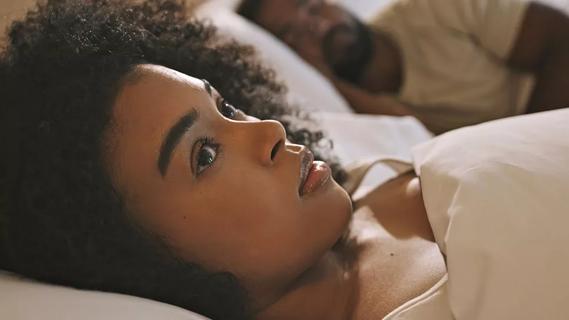
Keeping a sleep diary and seeing a sleep specialist can help you stay asleep and get the ZZZs you need
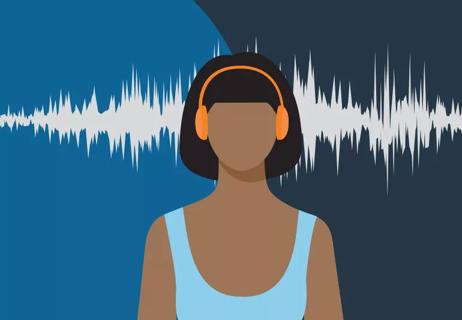
What to do when your worries are keeping you from sleep
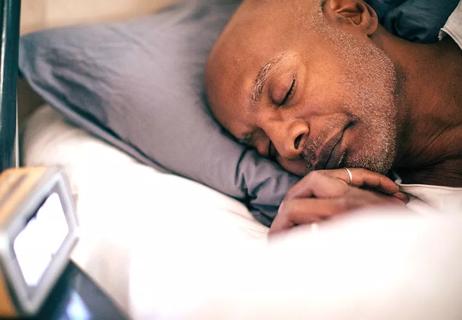
Good nighttime and daytime habits can keep you well-rested
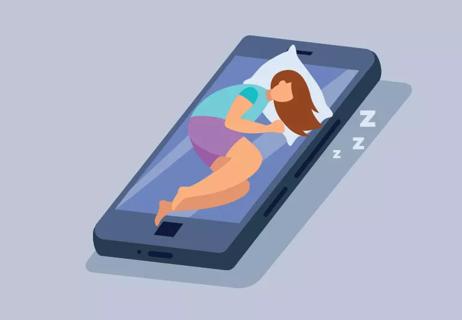
Expert tips from sleep specialists to get your sleep back on track

Sleep disorders, mental health conditions and other health concerns can all affect the quality of your sleep

Most people fall asleep within 10 to 20 minutes, but if your experience is different, adjusting your sleep schedule may help

Going home isn’t always easy, but there are ways to ease any stress you might feel

Connecting with others, giving back and stepping away from social media can all help you cope

Wearing a scarf, adjusting your outdoor activities and following your asthma treatment plan can help limit breathing problems

Your diet in the weeks, days and hours ahead of your race can power you to the finish line

When someone guilt trips you, they’re using emotionally manipulative behavior to try to get you to act a certain way